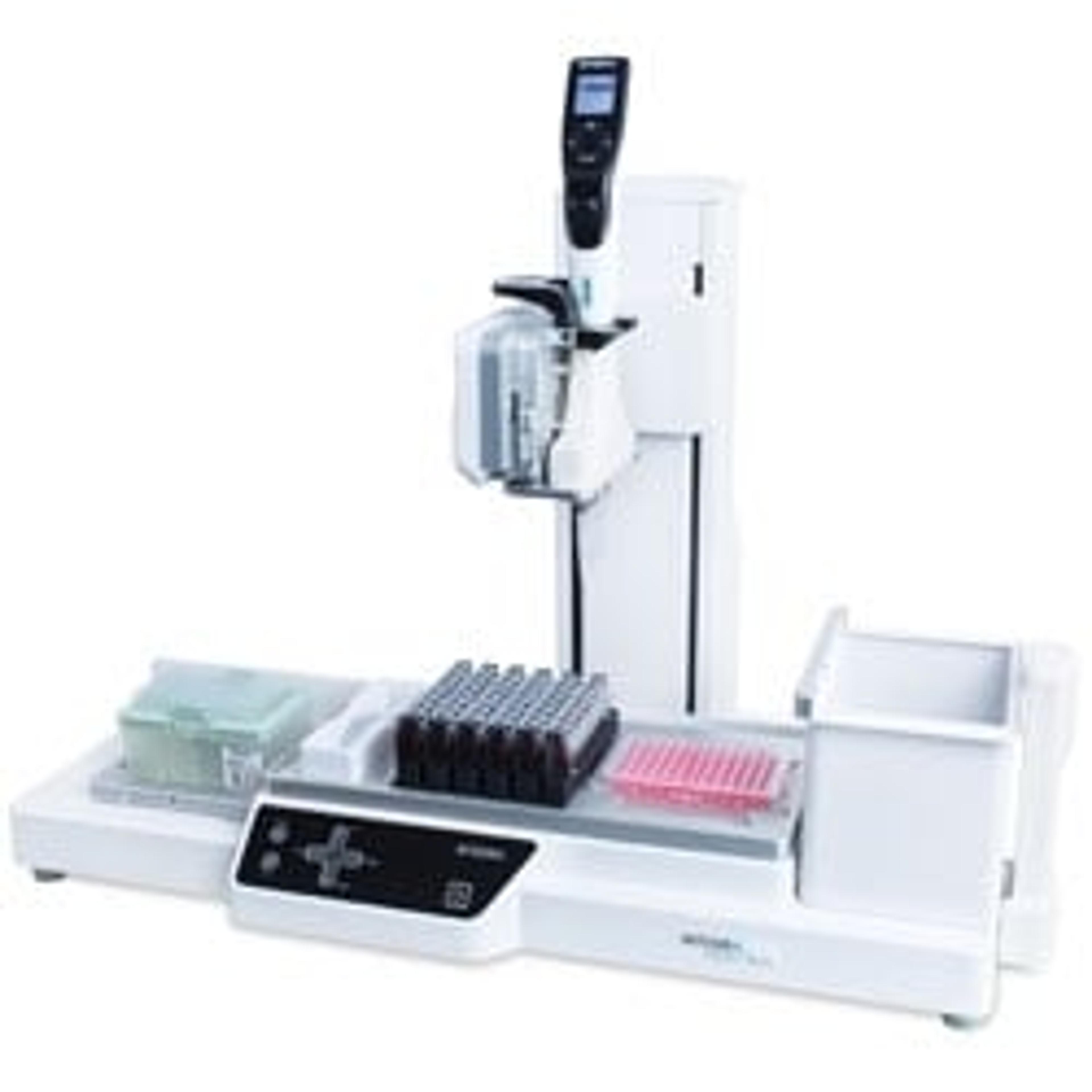ASSIST PLUS offers flexibility in virology research
31 Aug 2020
Researchers in the Department of Microbiology and Immunology at the University of Otago, New Zealand, are working to understand the mechanisms and clinical consequences of drug-resistant viruses, as well as performing antiviral drug discovery.
The group is using INTEGRA’s ASSIST PLUS pipetting robot and VOYAGER adjustable tip spacing pipettes to streamline a number of its workflows. Professor Miguel Quiñones-Mateu, Webster Family Chair in Viral Pathogenesis and Principal Investigator of the group, explained: “We’re mainly interested in the properties of drug resistant viruses – such as transmission and pathogenicity – and applying this research to the evaluation of novel drug strategies aiming to eradicate HIV infections.”
“I heard about INTEGRA from a colleague that I have collaborated with for many years, and he suggested the ASSIST PLUS pipetting robot because of its flexibility, small footprint and low cost compared to traditional robots. Instead of needing a number of expensive, task-designated instruments, the ASSIST PLUS could do all of the things I needed, and at a fraction of the cost. I frequently use the VOYAGER pipettes on their own for liquid transfers – such as RNA samples – from tubes to 96 or 384 well plates, and we are able to mount the VOYAGER onto the ASSIST PLUS to automate our drug discovery workflows and a host of other activities. For instance, the platform has been used to automate an entire metagenomics workflow for isolating DNA and RNA from penguin samples, including a magnetic bead-based purification workflow. It really is so versatile. I’m going from dispensing cells and drugs to automating workflows for penguin samples – it’s just amazing!”
Want more of the latest science news striaght to your inbox? Become a SelectScience member for free today>>

